Editor's Choice
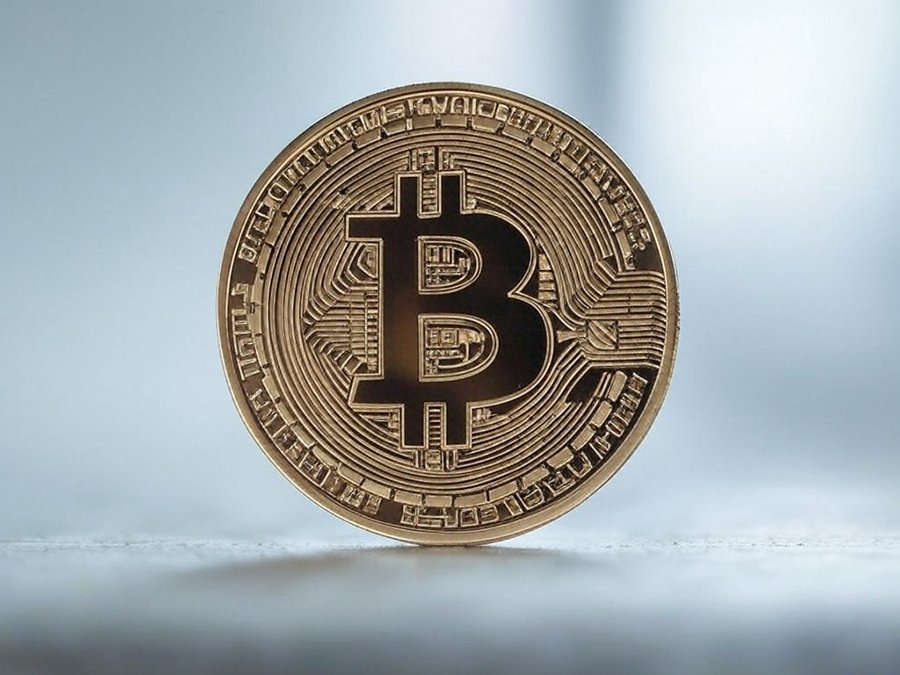
Utah removed the creation of a Bitcoin reserve fund from the HB230 bill, which now focuses on protecting the rights of miners and digital asset owners
The Utah blockchain bill (HB230) was passed by the Senate on March 7, but the provision for the creation of a Bitcoin reserve was excluded. Initially, it allowed investing up to 5 percent of state funds in Bitcoin and other digital assets, but the final version now only includes provisions protecting the right to mine, run nodes, and participate in staking, as well as ensuring the protection of digital assets. The law is now heading to the governor for signing. Utah continues to support the development of blockchain technologies, providing legal protection for its residents.

BBVA receives approval for Bitcoin and Ethereum trading in Spain, completing the years-long process of implementing crypto trading under the European Union's Markets in Crypto-Assets regulation
Spanish bank BBVA has received approval from the financial regulator to offer Bitcoin and Ethereum trading services to its clients as part of the implementation of the Markets in Crypto-Assets (MiCA) regulation in the European Union. This step completes the years-long effort to introduce crypto trading, which began in 2020. BBVA already launched cryptocurrency operations in Turkey in January 2025. The bank is not the first in Europe, as such services have also been offered by Deutsche Bank and Société Générale.

Robinhood has agreed to pay $29.75 million for violations related to oversight and compliance standards, including trade manipulation and account hacks
The online broker Robinhood has agreed to pay $29.75 million as part of a settlement in response to investigations by FINRA concerning violations in the areas of oversight and regulatory compliance. Of this amount, $26 million is a fine, and $3.75 million is compensation to customers. The company failed to react to "red flags" regarding potential violations, such as trade manipulation and account hacks. Robinhood also violated customer identity verification requirements and social media oversight, leading to the spread of false information.
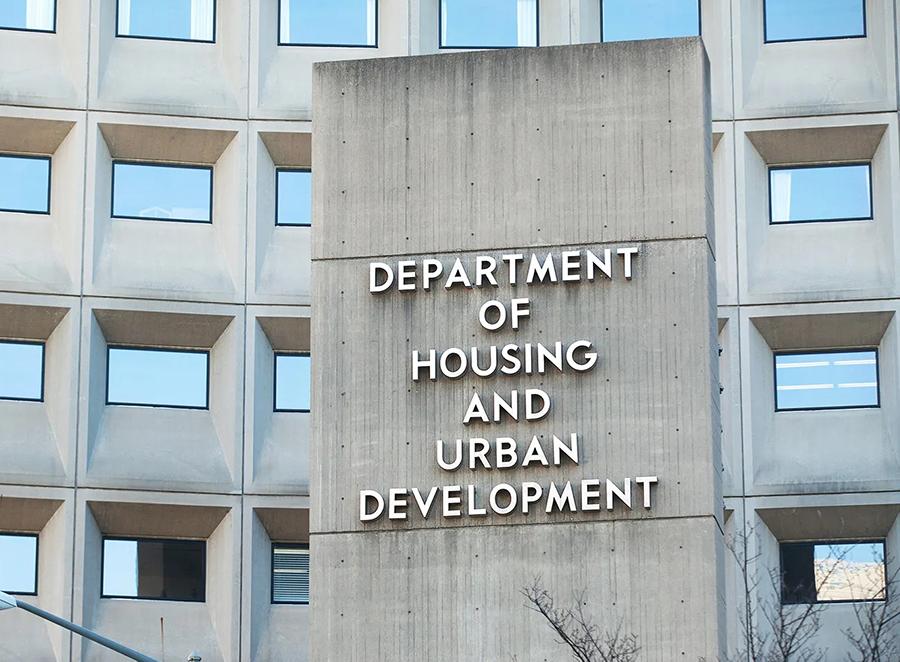
The U.S. Department of Housing and Urban Development is considering the use of blockchain and stablecoins for managing grants in affordable housing and homeless shelter projects
The U.S. Department of Housing and Urban Development (HUD) is considering the possibility of implementing blockchain technologies and stablecoins for managing grants. The department plans to test their use in one of its offices for the payment and tracking of funds allocated to affordable housing and homeless shelter projects. Despite positive feedback from some employees, others express concerns about security and the risks associated with the volatility of cryptocurrencies. However, HUD states that they currently do not plan to implement this project.

FIFA is considering the creation of its own cryptocurrency FIFA Coin to expand its influence and improve interaction with 5 billion football fans worldwide

Volatility Shares offers a new ETF for betting against XRP, which will allow investors to profit from the token's price decline, with risks and potential SEC approval by October 18, 2025

Nigeria receives $60 million from confiscated US assets after Tigran Gambaryan’s release, strengthening cooperation in the fight against corruption and financial crimes
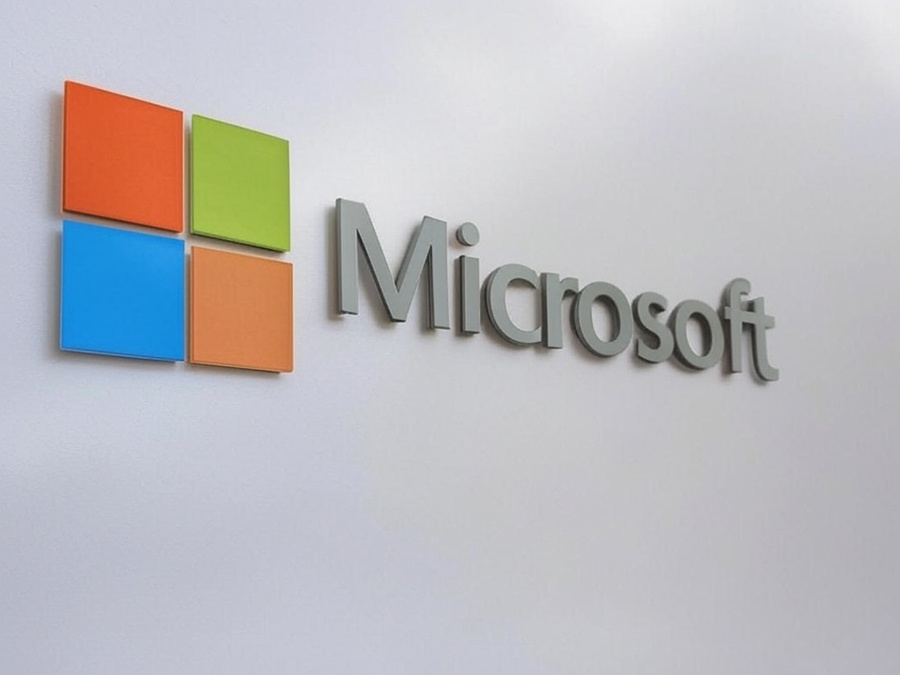
Microsoft is developing its own AI models and testing alternatives to OpenAI to compete in the technology space, investing $14 billion and hiring industry experts

Emirates NBD, the Dubai government bank, launches cryptocurrency services through the Liv X app in Dubai, using the Aquanow infrastructure and storage services from Zodia, licensed by VARA

The Cardano Foundation enters into a strategic partnership with SERPRO to implement blockchain technologies in Brazil's public sector and train 8,000 employees
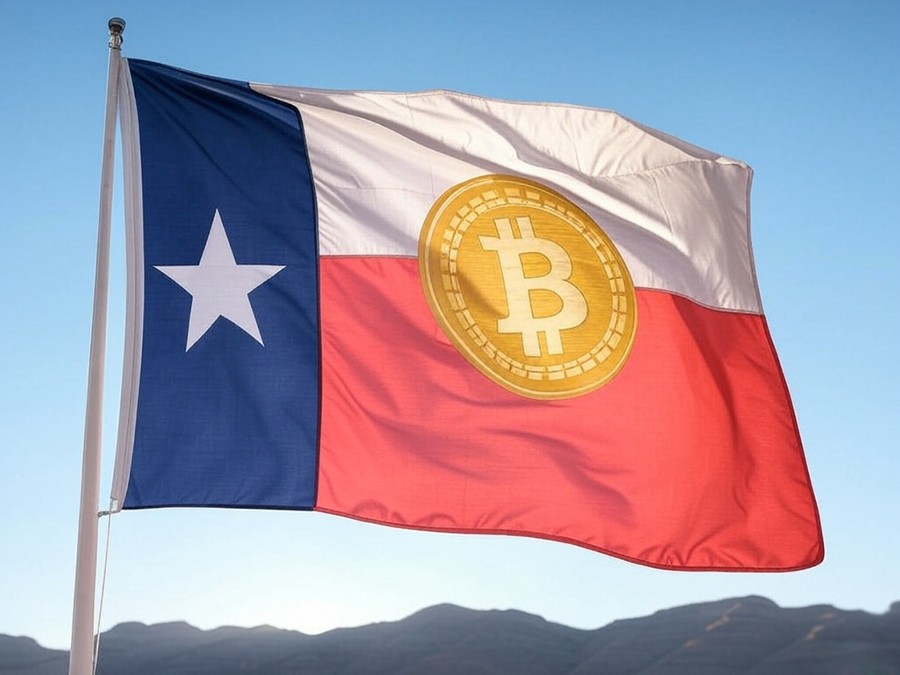
Texas has approved the creation of a strategic Bitcoin reserve for the state: the SB 21 bill passed through the Senate and will now be reviewed by the House of Representatives

The court dismisses the lawsuit against DOGE by Elon Musk, allowing access to data from the U.S. Department of Treasury despite concerns about leaks of confidential information
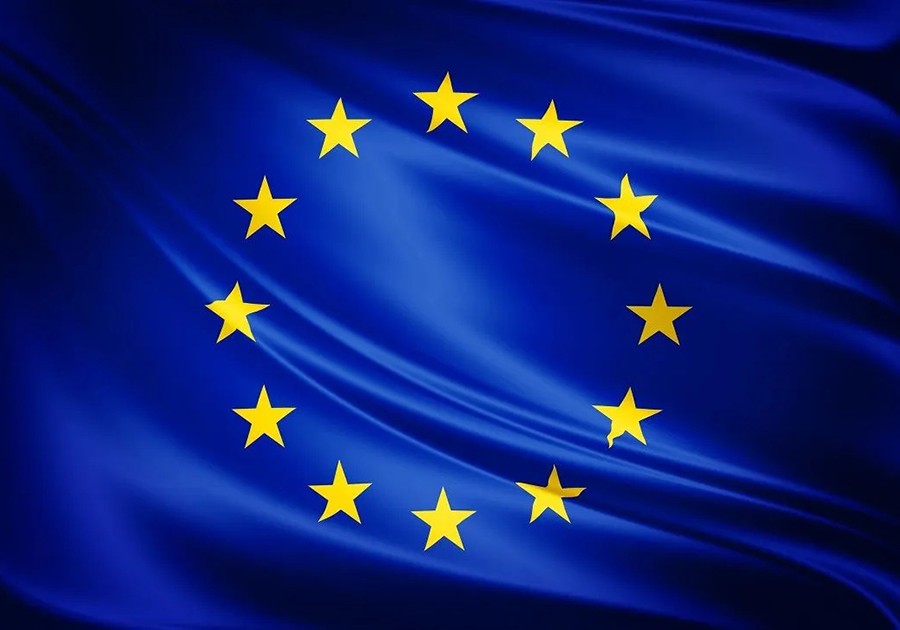
The EU exempts Bitcoin miners and PoS validators from strict reporting requirements under MiCA, supporting the crypto industry and the financial stability of the region
The European Union has exempted Bitcoin miners and PoS validators from the obligation to report market manipulation under the MiCA Regulation. This decision by the EU excludes mining and PoS operations from the list of subjects subject to strict reporting requirements for cryptocurrency services such as exchanges. This exemption is aimed at supporting the crypto industry in the EU, preventing businesses from moving to regions with looser regulations, and fostering a more flexible and competitive environment for innovation while maintaining the financial stability of the region.
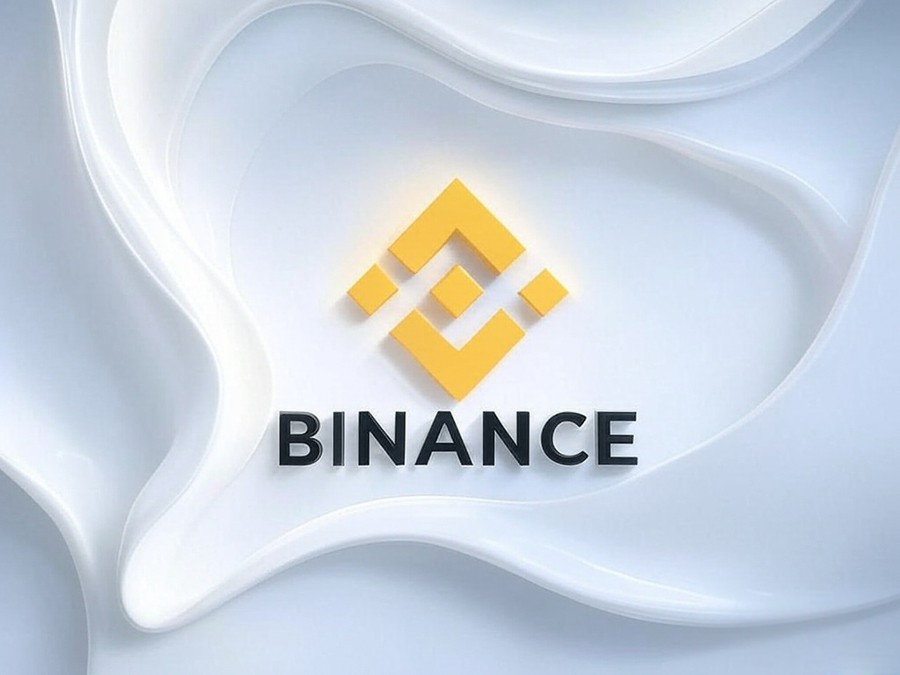
Binance launches a voting mechanism for the listing and delisting of tokens, providing users with more control and supporting new promising projects
Binance launches a new initiative, allowing users to participate in the listing and delisting process of tokens through voting mechanisms. Users can vote for the addition of projects to the platform (Vote to List) or their removal (Vote to Delist), increasing transparency and community engagement. New projects have access to Launchpool, Megadrop, and other tools that provide opportunities for early participation. The Alpha Observation Zone helps identify promising tokens and gives users access to them at the initial stage. This is a step for Binance to enhance user control over tokens and support emerging projects.
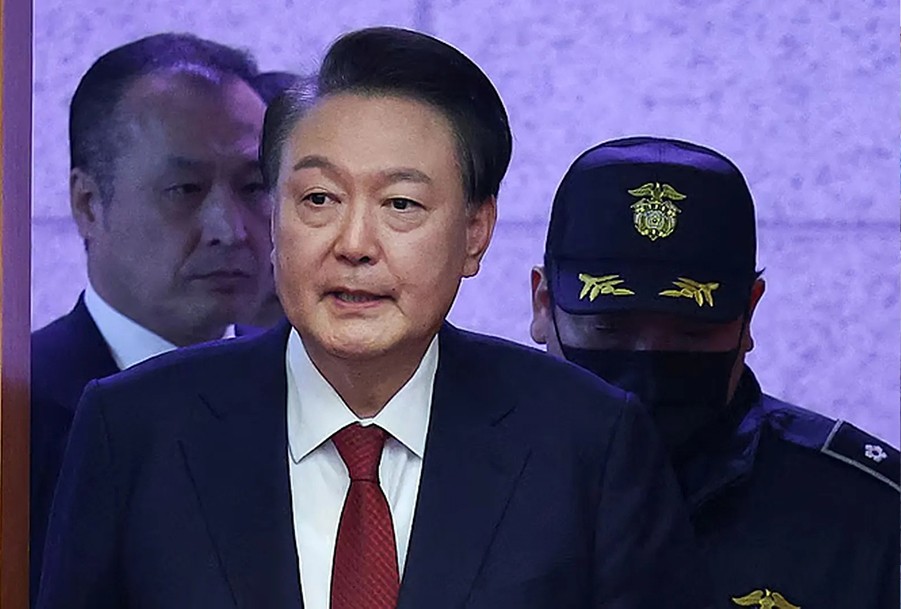
South Korean President Yoon Suk-yeol has been released from custody after the court overturned his arrest, which has sparked controversy in the country regarding his charges and the legitimacy of the decision
President Yoon Suk-yeol of South Korea, who was arrested in January on charges of organizing a rebellion, was released from custody by the Seoul Central Court. The court overturned the arrest warrant, citing doubts about the legitimacy of the charges and questions regarding the jurisdiction of the Corruption Investigation Office. This decision has triggered mixed reactions: the opposition believes it does not address issues related to the violation of constitutional order, while the president's supporters argue that it confirms the rule of law in the country.

1inch was subjected to a hacker attack, losing more than $5 million due to a vulnerability in the smart contract, but user funds remained safe
1inch became the victim of a hacker attack, in which more than $5 million was stolen. The hackers exploited a vulnerability in the Fusion v1 smart contract, affecting the resolvers responsible for executing orders on the platform. However, user funds were not affected as the damage was limited to the resolver contract. In response to the attack, 1inch began cooperating with the affected parties, updated its smart contracts, and launched a bug bounty program to improve the platform's security.
Best news of the last 10 days
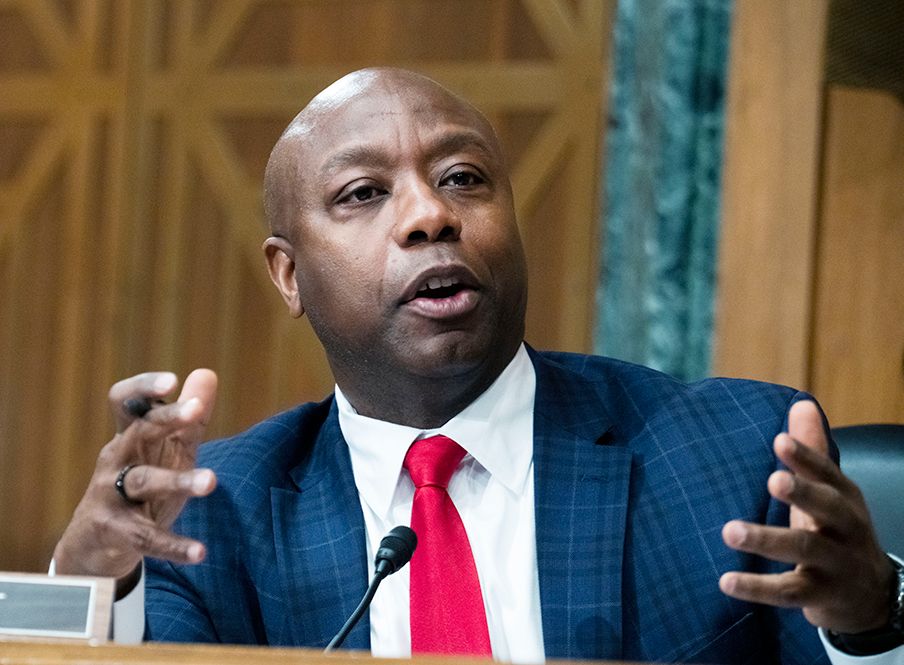
Senator Tim Scott proposes a bill to exclude "reputational risk" in banking regulations, with the goal of stopping the de-banking of cryptocurrency companies and legal businesses

Elon Musk through D.O.G.E directs funds to SpaceX and Tesla, manipulating figures in government spending, which raises questions about conflicts of interest
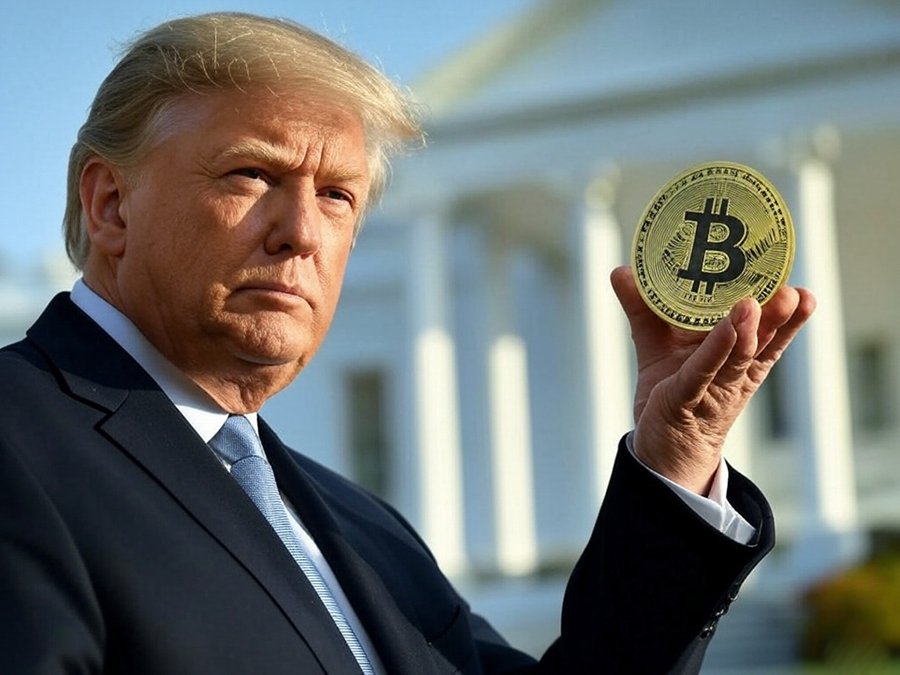
President Trump signed an order to create the Strategic Bitcoin Reserve and the National Digital Asset Reserve to strengthen the U.S. position in managing cryptocurrencies
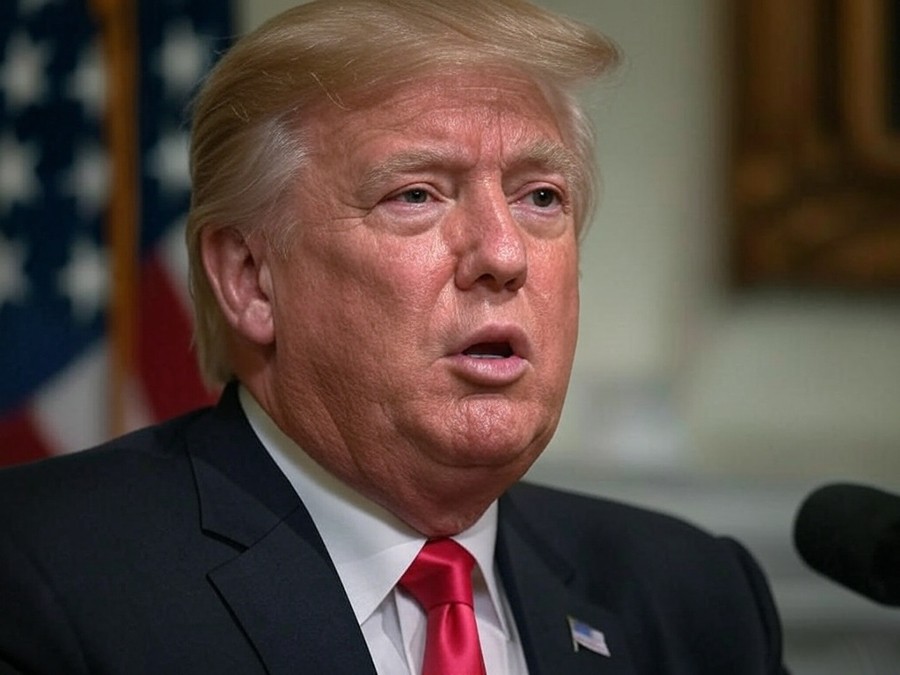
Trump expanded the list of goods exempt from new tariffs on imports from Canada and Mexico in response to economic and trade threats, despite the ongoing tension
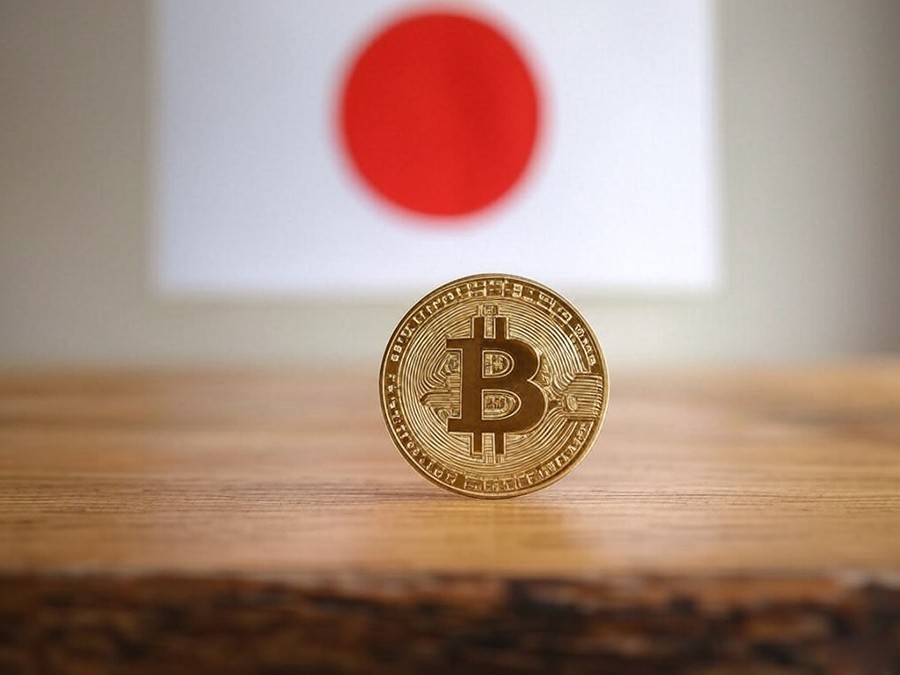
Japan is reducing taxes on cryptocurrency and introducing new rules for regulating digital assets, including increased control over unregistered exchanges
The ruling party of Japan, the LDP, has proposed reducing the capital gains tax on cryptocurrencies to 20 percent and creating a separate category for digital assets. According to the reforms, cryptocurrencies will be separated from securities, and the taxation of crypto derivatives will be aligned with the taxation of spot investments. Investments in cryptocurrency will be taxed only when converted to fiat money. Japan is also tightening control over unregistered crypto exchanges, requiring Google and Apple to block apps that violate local rules.

World Liberty Financial and Sui are launching a strategic partnership to expand decentralized finance and improve access to innovative financial solutions in the US
World Liberty Financial (WLFI) and the blockchain platform Sui have entered into a strategic agreement to promote decentralized finance (DeFi). As part of the collaboration, WLFI will add Sui assets to its token reserve "Macro Strategy," contributing to expanding Americans' access to DeFi. The combination of Sui technologies and WLFI's ambitions will help accelerate the adoption of innovative financial solutions and enhance users' financial independence. This step reflects trends in blockchain developments and DeFi aimed at improving the security and transparency of financial services.
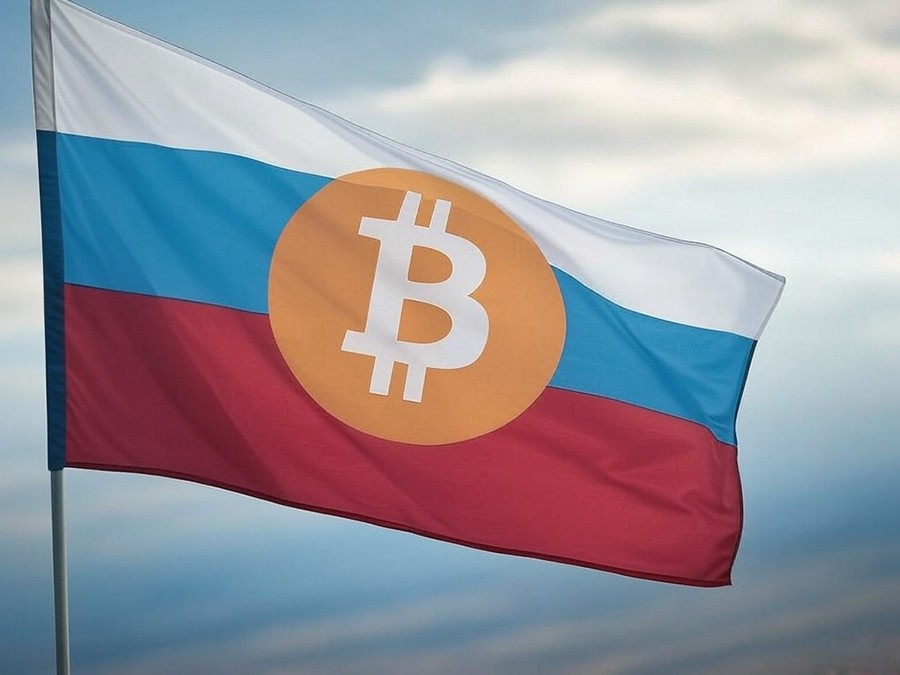
Russia excluded Bitcoin from national reserves, strengthening its positions in gold and the Chinese yuan as part of a financial strategy to ensure stability and liquidity
Russia has changed its financial strategy, excluding Bitcoin from the national reserves. Instead of cryptocurrency, the country continued to strengthen its positions in gold and the Chinese yuan, making them the main assets of the National Wealth Fund. This decision is driven by the volatility of cryptocurrencies, making them unsuitable for sovereign reserves, where stability and liquidity are essential. In light of changing foreign economic conditions, Russia has focused on strategic partnerships, especially with China, to ensure long-term financial stability.

The Indian district of Dantewada digitized 700,000 land records, securing them using the Avalanche blockchain to enhance transparency and prevent forgery
The administration of Dantewada district in Chhattisgarh, India, digitized over 700,000 land records and secured them using the Avalanche blockchain to ensure transparency and prevent forgery. This step has simplified access to land ownership data, eliminating long delays in obtaining them. Kiosks for information verification have been set up in every sub-district, guaranteeing confidentiality. The use of smart contracts ensures the security and integrity of documents, which is especially important for local farmers and residents.

